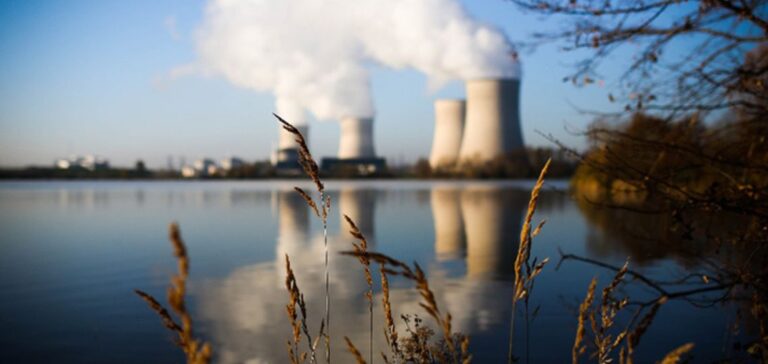Last weekend, several computers were stolen from the premises of Endel, a company specializing in the maintenance of parts for nuclear power plants.
The theft was discovered on Monday morning without any apparent forced entry, as confirmed by EDF and sources from France 3 and Le Figaro.
Some fifteen computers disappeared, triggering an investigation for “theft from a warehouse of goods, valuables or merchandise”.
Disappearance of sensitive data
The EDF spokesman claims that no sensitive data has been compromised.
However, a source close to the case disputes this statement, indicating that these computers do indeed contain sensitive information without specifying its nature.
This disagreement highlights the complexity and potential seriousness of the incident, raising questions about data management and protection in the nuclear sector.
Context and safety implications
Endel, a former subsidiary of Engie, has belonged to the Altrad group since 2022 and specializes in industrial maintenance.
The theft in Marseille’s 8th arrondissement raises questions about the security protocols in place and the vulnerability of data shared between EDF and its subcontractors.
Protecting information is crucial in the energy sector, particularly in the nuclear industry.
Survey and outlook
Local authorities have launched an investigation to understand the circumstances of the theft and determine the exact nature of the compromised data.
A source close to the investigation confirms the theft, but declines to provide further details.
This incident highlights the need to continually improve security measures to protect sensitive information in the nuclear field.
The theft of computers from Endel underlines the importance of strengthening data security protocols in the nuclear sector.
This incident calls for heightened vigilance and reinforced protection measures for EDF and its subcontractors, to prevent any future compromise.
The results of the investigation and the actions taken by the parties involved will be closely monitored by the entire energy sector.






















